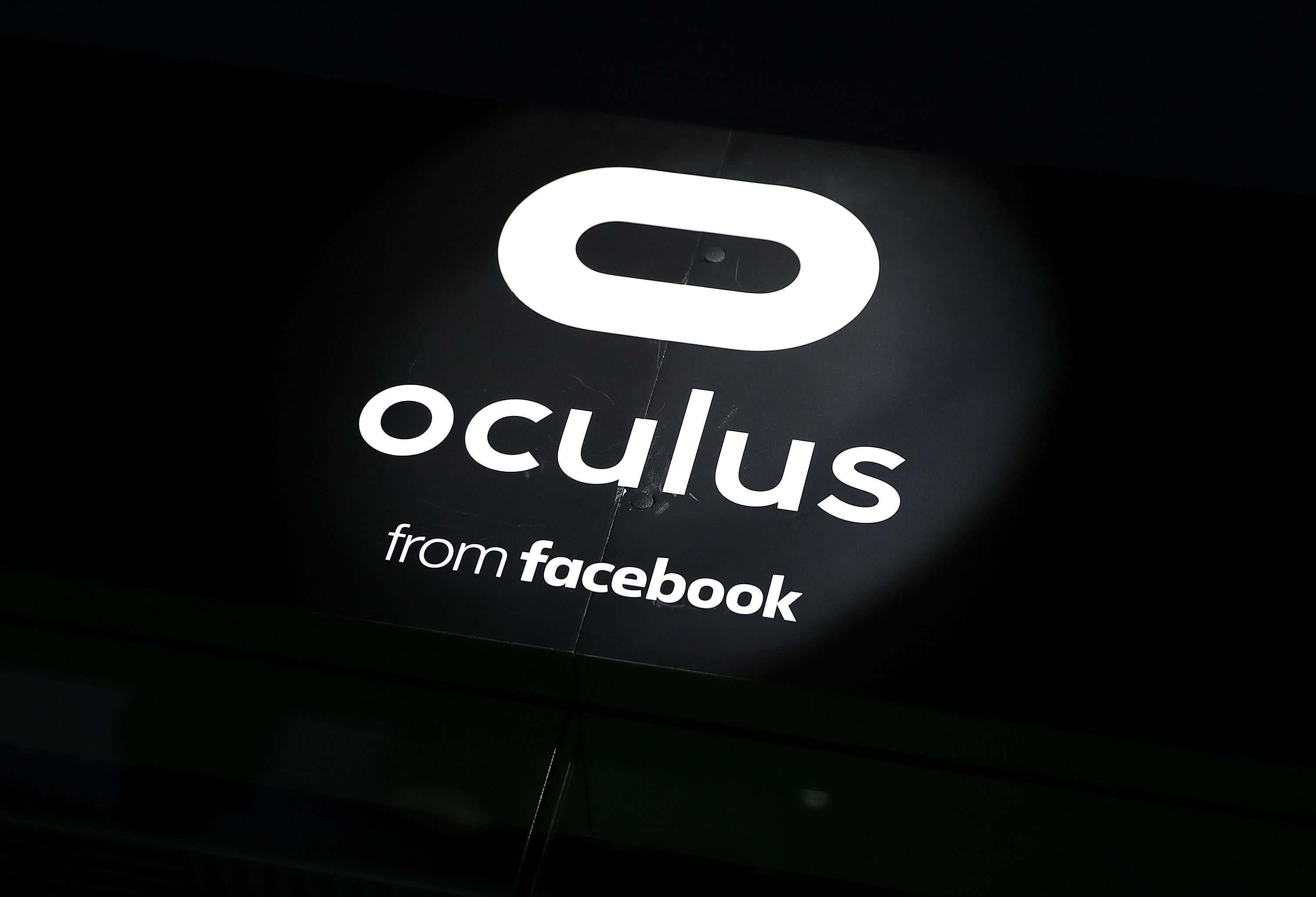Facebook, which acquired Oculus in 2014 for $2 billion, is gearing up for a populist VR push. On Wednesday, CEO Mark Zuckerberg revealed at a developer conference that the company will launch a stand-alone VR headset called the Oculus Go for consumers sometime early next year. The device, which is wireless and comes with a 2560 x 1440 resolution display, is priced at $199. The social media giant hopes the sleeker and relatively inexpensive product will help it reach an audacious goal, which Zuckerberg also announced at the conference: to get “1 billion people in virtual reality.”
The higher-end Oculus Rift—which, unlike the Go, requires a computer to operate—is also seeing a price cut. Formerly $499 for an Oculus Rift headset and Touch controllers, the bundle will now be $399, which is the same price that the company sold it for during a promotional sale last summer.
Facebook further announced that it will soon sell an Oculus bundle aimed at corporations for $900 that includes a headset, Touch controllers, three sensors, a remote, and three Rift Fits—a component for the device’s facial interface. The idea is that it will allow people to meet, train, and conduct other business. (Given how people struggle with simple video conferencing, it may be a while before you’re regularly doing meetings in VR.)
The social media giant has been aggressively, if somewhat inelegantly, promoting its VR ambitions as of late. On Monday, Zuckerberg posted a virtual reality livestream video that allowed viewers to “visit” hurricane-ravaged Puerto Rico along with cartoon avatars of himself and Facebook’s head of social VR, Rachel Franklin. The video, in which Zuckerberg touted what’s “magical about virtual reality,” was swiftly decried as an insensitive attempt to turn the hurricane into an opportunity to peddle headsets. He later apologized in a comment on the video for the stunt, but noted that he still thinks “one of the most powerful features of VR is empathy.”
